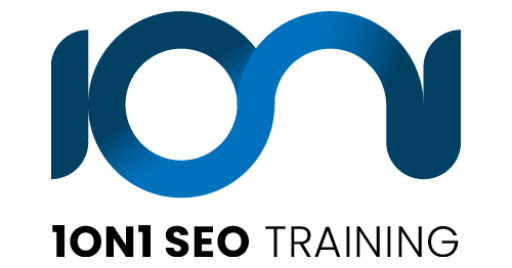How do Google rank websites and their competitors?
In one of my many classes in SEO training, a student asked me how Google (and other search engines) computed and ranked websites. For me, this is one of those questions that sound easy to answer but require a far more complex solution on the ground.
I told my student that Google does not use the same ranking systems and criteria that SEO tools use to generate their SEO reports.
While Google says it 'uses a similar system,' this doesn't mean that what SEO tools have is close to Google's ranking system.
So how do we proceed to solve the problem of not appearing in SERPs and having tough competition?
Google's ranking system works 24/7, but it's invisible.
They're not going to tell us how it works. That doesn't make sense from a business perspective. And that brings us to the point where we use data and experience to figure out the specific direction Google takes when ranking websites. SEO professionals have been studying Google and other search engines for decades. A learning mindset is the best mindset for succeeding in search engine optimization.
Keywords, Content, and Backlinks
All search engine optimization efforts are related to these three elements: keywords, content, and backlinks. Yes, it sounds simple, but getting these three elements right is a lifelong preoccupation. The guide questions below should help you figure out the best direction:
1.What keywords have the highest intent, most volume, and most minor competitors?
2.Do you have content that speaks to those keywords? Does your content mention your keywords at least 1% but not 3% or more? Is your content written well enough? Does the page's word count have more words than the content that is the average for the top 3 pages at the top of that keyword in Google search?
3.Do you have more or better backlinks than the sites ranking at the top?
Keyword research is a central skill when doing SEO. It doesn't necessarily precede content strategy (not always), but no SEO strategy works without knowledge of competitive keywords, keyword trends, and competition for the most important keywords. We use the formula of looking for the highest intent, most volume, and most minor competitors to increase your chance of appearing on top of SERPs.
The initial reaction of anyone researching keywords for the first time would be to collect the keywords with the highest volume. The problem with these keywords is they typically have a ton of competition that trails them, and other businesses have collectively poured hundreds of thousands of dollars into optimizing their websites for these keywords. And let's not forget all the guys doing PPC or Google Ads, too. In short, targeting high-volume keywords may not be in your best interest without considering the effort required to rank well. Ranking well today means pouring resources into expertise and content generation. It's not as simple as adding keywords to content and expecting it to appear in SERPs a week from now.
The content is self-explanatory. Content is the body that carries the SEO strategy to the search engines and in front of people who will support your business. Therefore, planning a content strategy is just as important as having a good SEO strategy. Good content writers and copywriters will help you get there. Of course, you can try writing, too. But if you're doing everything yourself, including the content generation efforts, progress will be slow, and eventually, you may get burnout.
Backlinks are probably the biggest hurdle to getting a website to rank better. While the concept is simple (another website bestowing a link to one of your pages), getting the right mixture of links and the correct number for maximum effectiveness is essential.
Studying the competition and deploying the right services to obtain results is daunting.
That's why SEO practitioners must have the proper knowledge and staff in place before implementing an SEO strategy.
You can spend much time perfecting a content strategy and its accompanying SEO strategy on paper. Still, without assistants and specialists working at least part-time to complete those milestones, your strategies will remain essentially theories or blueprints.
But the fact remains: if you crack these three elements and sustain the effort, you'll likely win.
Winning a few search terms is just the beginning. To win big, you must continue working on your website SEO.
SEO is a marathon and never a sprint.
Riding the Shoulders of Giants
When first-time SEO practitioners enter the field, they're often selective about what they consider a competitor.
For example, a plastic surgeon in LA may ignore business directories even if they're constantly appearing for the most important keywords or search terms. Instead, they'll skip these directories and focus on other plastic surgeons targeting the same local market.
But what if I tell you that this is the wrong approach?
If a business directory is at the top of the search results, consider that website a competitor. Maybe not a direct competitor because they don't sell the same products or services as you do, but they still appear higher in SERPs. Anything that ranks higher than you should be investigated and figured out.
So, the more important question now is, "Are you listed in that directory?"
For example, Clutch comes up at the top of many SEO-related searches in my line of work. So do I give up because Clutch dominates many search terms almost effortlessly? Not at all.
If any website (including Clutch) is dominating, I must have a well-optimized profile on that platform or website so I also come up on top of their list. Websites like Clutch have unique recipes for ranking businesses and individuals. You have to figure out how they do it, too. When you rank well on well-ranked platforms, the ranking power transfers to your brand and website. It sounds easy, but again, you will not get those great benefits if you don't exert sufficient effort.




